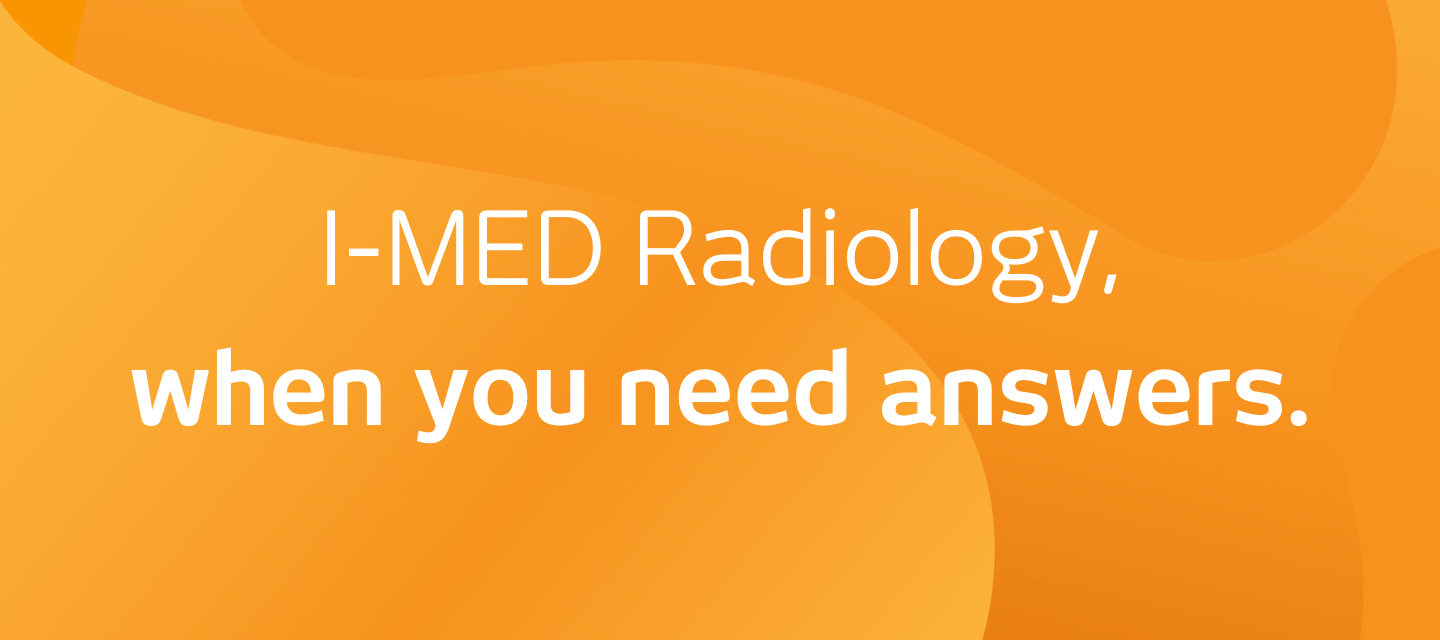
What is a 68Ga PSMA PET-CT scan?
What is a 68Ga PSMA PET-CT scan?
What is a 68Ga PSMA PET-CT scan?
A PSMA PET-CT scan is used in patients with prostate cancer to help diagnose and stage the disease. A PSMA PET-CT scan can be performed in the initial staging of prostate cancer patients to diagnose the extent of disease (metastatic spread) or in assessment of patients with suspected recurrent disease when their PSA (biochemical marker) is rising.
PSMA stands for prostate specific membrane antigen. PSMA is a peptide that is highly expressed in prostate cancer cells. A radioactive tracer, gallium-68 (a PET imaging agent) is injected into the blood system through a cannula to localise any cells in the body that express PSMA on their surface.
What does a PSMA PET-CT scan cost?
Unfortunately there is no rebate from Medicare for this scan and there will be a cost to the patient.
What happens during a 68Ga PSMA PET-CT Scan? keyboard_arrow_down
Preparation:
• Please be well hydrated. Drink at least 1L of water prior to your appointment.
• Only consume a light meal prior to your appointment.
What to bring:
• Your referral
• Any relevant recent imaging (MRI, CT or Previous PET scans)
• A book or paper to read, iPad, mobile or other electronic devices to keep you occupied
What to wear:
Wear loose comfortable clothing (I.e. tracksuit), free from metal zips or buttons. A gown will be available for you to change into if required. Avoid wearing jewellery.
Medications:
Take all medications as normal.
Appointment duration:
A PSMA PET-CT will take from 2-4 hours. Upon arrival you will be asked to fill in some paperwork. A nuclear medicine technologist will escort you to a room where an intravenous cannula (a small tube) will be put into your arm. Through this cannula they will administer the mildly radioactive substance (68Ga-PSMA).
This substance will not make you feel any different and you should not experience any side effects. The forty-five to sixty minutes following the injection of 68Ga-PSMA is known as the “uptake” phase. During this “uptake” phase you are permitted to read, use electronic devices and use the restroom as needed.
Following this period you will be required to empty your bladder. You will then be escorted by a nuclear medicine technician to the scanning room and positioned on the scanning bed. A PET scan will then be performed. This scan generally takes approximately 30 minutes. Once the PET scan is performed, a diagnostic CT will be performed. This scan may require an iodine CT contrast dye to be administered via the cannula in your arm. The CT scan takes an additional 5 minutes.
Once you are finished you are required to wait 15 minutes for your images to be checked. Your IV cannula will be removed and you will be free to leave the department.
What happens after my 68GA PSMA PET-CT Scan? keyboard_arrow_down
How do I get my results?
A nuclear medicine radiologist will review your images, along with your medical history and any previous imaging. Your referring doctor will receive a report within 48 hours of the examination. If your results are urgent, or you have a same day appointment with your doctor we will arrange for your results to be available immediately following the scan. Please arrange a follow up appointment with your referring doctor to discuss the results.
Post procedure:
Following your 68Ga-PSMA PET-CT scan you can return to all normal daily activities. You are advised to minimise contact with pregnant women and children (<12 y.o.) for 2 hours after your appointment. You are able to drive following this examination unless you have had sedation, in which case you will require someone to drive you home.
Risks and side effects:
A PET-CT scan is a safe and routine procedure. The radioactive tracer required for this scan has been used across the world for many years and has no side effects. The amount of radioactivity administered is small and will be flushed out of your system by the end of the day.
Related procedures

This information has been reviewed and approved by Dr Ronald Shnier (I-MED Chief Medical Officer).
Related articles

Related procedures

This information has been reviewed and approved by Dr Ronald Shnier (I-MED Chief Medical Officer).
What does a PSMA PET-CT scan cost?
Unfortunately there is no rebate from Medicare for this scan and there will be a cost to the patient.
Related articles

